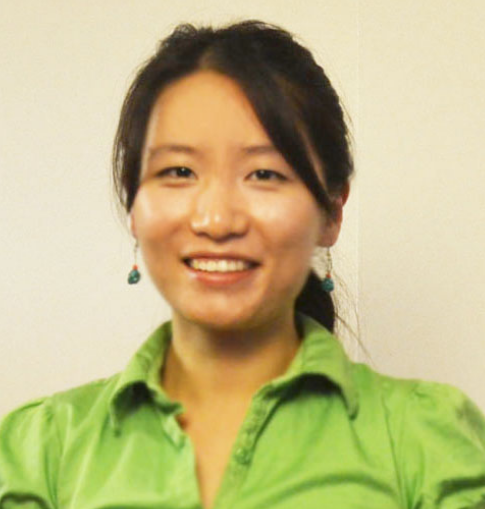
Faculty Candidate
January

10:00 am to 11:30 am
Newell-Simon Hall 3305
Areas of Interest:
Abstract
Human-robot interactions (HRI) have been recognized to be a key element of future robots in many application domains such as manufacturing, transportation, service and entertainment, which entail huge social and economic impacts. Technically, it is challenging to design the behavior of these robots, as they need to operate in highly unstructured and stochastic environments. Such environment can be human-robot collaboration system in production lines, future transportation system with both automated and human-driven vehicles, or general cyber physical social system (CPSS).
The fundamental problem to address in this talk is how to ensure these robots operate efficiently and safely in human-involved dynamic uncertain environments. The microscopic aspect of the problem, i.e. the design of the behavior system for single robot through learning, motion planning and control in the framework of adaptive optimal control, will be discussed first. A novel real-time non-convex optimization solver that handles nonlinear robot dynamics and non-convex safety constraints will be introduced to ensure timely responses of the robot during interactions. Then the macroscopic aspect of the problem, i.e. the analysis and synthesis of the human-robot system from a game theoretical multi-agent system perspective, will be discussed.
The performance of the method will be illustrated through human-in-the-loop experiments on automated vehicles and industrial collaborative robot manipulators. These works demonstrate a promising way to build intelligent robots that can better serve, assist and collaborate with people in their daily lives across work, home and leisure.
Bio
Changliu Liu is a postdoctoral fellow in the Department of Aeronautics and Astronautics at Stanford. She received the B.S. degree in mechanical engineering and the B.S. degree in economics from Tsinghua University (China) in 2012, and the M.S. degree in mechanical engineering, the M.A. degree in mathematics and the Ph.D. degree in mechanical engineering from University of California at Berkeley in 2014, 2016 and 2017 respectively. Towards the goal of building intelligent robots that think, behave and interact with the world as humans do, her research interests lie in the intersection of robotics, human-robot interactions, control and motion planning, optimal control and optimization, multi-agent system and game theory, machine learning and artificial intelligence. She was the recipient of the Chinese National Scholarship in 2010, the Berkeley fellowship in 2012. She interned in several industry leading companies: in Western Digital in 2013 and 2014, in Faraday & Future in 2016, and in Toyota InfoTechnology Center in 2017. Her work has also been supported by the Berkeley fellowship, Denso International, FANUC Corporation and National Science Foundation, and is now supported by the CARS (Center for Automotive Research at Stanford) postdoctoral fellowship in transportation.
Host: Chris Atkeson
Admin Contact: Ashley Song aysong@andrew.cmu.edu